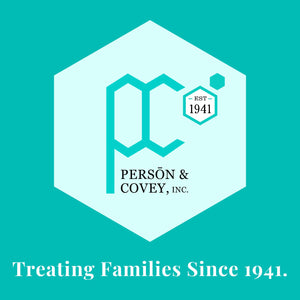Prioritizing Diversity in Skincare

This is a time to focus on the accomplishments Black people have had throughout history. We think it is equally important to discuss some of the challenges that impact the Black community today. We’re going to discuss the lack of representation of POC in dermatology and skincare, specifically when it comes to skin conditions such as seborrheic dermatitis, eczema, and psoriasis which share symptoms like itching, redness, dry/cracked skin, inflammation, and thickened skin.
- 1.3% (over 104,000) African Americans suffer from Psoriasis.
- 6.5% (over 650,000) African Americans have Seborrheic Dermatitis.
- 19.3% (over 5 million) of African Americans are diagnosed with Eczema.
These common ailments are frequently misdiagnosed because of the disparity of images and research of the Black community. This can lead to an increase in self-diagnosing and self-treating which can potentially worsen symptoms. In addition, health care professionals lacking experience with these conditions in skin of color are more likely to overlook the different types of care and routines that could affect the efficacy of treatment or exacerbate symptoms.
Some of these behaviors include:
- Using hair oils
- Using pomades
- Infrequent hair washing
- Frequent hair washing
Washing thick curly hair too frequently can cause damage to hair like dryness and breakage, while using too many hair oils and pomades combined with infrequent washing can cause buildup which leads to increased chance of infection and irritation to the scalp. Bathing too often, especially while using products with harsh detergents and fragrances can trigger flare ups. For the scalp, shampoos containing ingredients such as coal tar, zinc pyrithione, or salicylic acid should be focused on the scalp rather than on hair and can be followed with a deep conditioner to avoid drying effects on hair. Medicated products can be alternated with your regular shampoo if needed or they can be used every few days unless suggested otherwise by a physician. Always avoid using products containing harsh detergents or fragrances. Use a gentle moisturizer liberally and cleanser as needed.
We’ve only briefly touched on the issues of the disparities of representation and research of skin of color in dermatology and skincare. Hopefully this has provided you with some awareness to some of the issues affecting the Black community within healthcare. Below we have linked some helpful resources and articles within this topic. Don’t forget to subscribe to our newsletter for more content like this!
- What to Know about Seborrheic Dermatitis in Dark Skin
- Black History Month: Addressing Concerns Affecting People of Color
- Psoriasis in Skin of Color
- Treating Skin of Color
- Eczema in Skin of Color
- Seborrheic Dermatitis in Skin of Color
If you’re having trouble finding a physician with experience treating skin of color, please reach out to your health care provider for a list of physicians that may be able to help you on your skin journey.
We take representation seriously and recognize the importance of having diverse voices and perspectives in our skincare products and marketing. We are committed to featuring more POC in our skincare products and campaigns to help ensure that everyone can find something that speaks to them. We are also actively working with influencers, bloggers, and other content creators from the POC community to help amplify their voices and showcase the beauty of diverse skincare routines. We look forward to continuing this important dialogue.


 (
(
